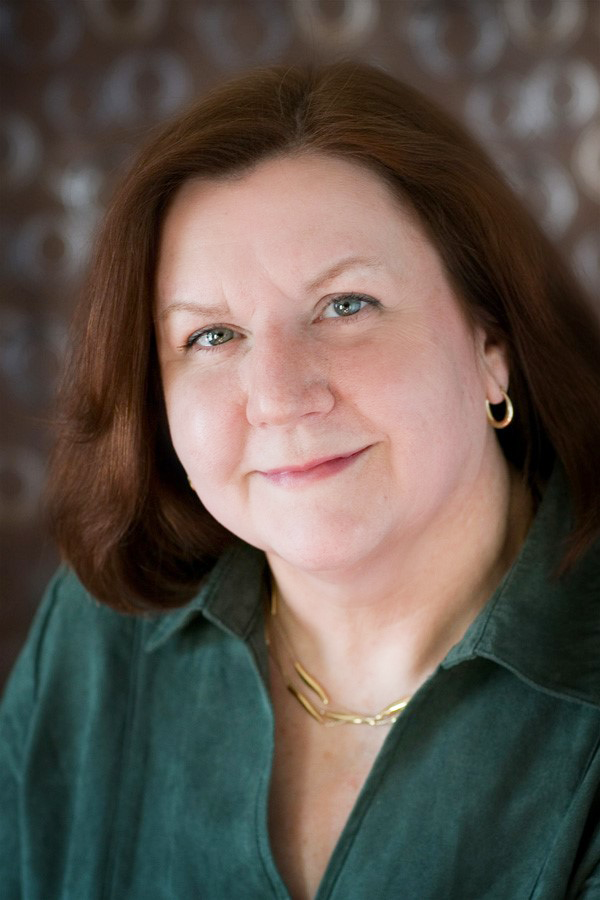Supporting Dual Language Learners
Karen Nemeth, Ed.M. is Senior Training and Technical Assistance Specialist -Dual Language Learners for the National Center on Early Childhood Development, Teaching, and Learning. She has published more than a dozen books on early education for children who are growing up with two or more languages and she has held leadership roles in organizations such as the National Association for the Education of Young Children (NAEYC), National Association for Bilingual Education (NABE), and Teaching English to Speakers of Other Languages (TESOL) International Association .
ED: How did you begin your career in early childhood?
My mom was an early childhood educator. When I was growing up we made our own play dough and explored nature and had music in our lives every day. So, technically, I began my career when I was still in diapers! When I went to college and graduate school, I studied the science of language development rather than preparing to be a preschool teacher. This led me to positions at universities, community agencies, state government, and now to work with the National Center on Early Childhood Development, Teaching, and Learning (NCECDTL) where I prepare and support early childhood educators. My fascination is the study of first and second language development and my passion is helping early childhood staff and families understand how the research in this area can help them provide the most effective supports for children who are growing up with two or more language.
ED: What efforts have you been involved in to improve the quality of early childhood programs and services?
I have worked on grant-funded projects to improve early care and education for more than 25 years. I published my first book, Many Languages, One Classroom, when I was in my 50s. This book was about teaching young children who are dual language learners (DLLs). After that, I have published more than a dozen books on this topic as well as many articles and social media posts. I’ve traveled all over the country and to other countries to work with teachers and leaders on how to implement effective research-based practices for teaching linguistically and culturally diverse young children. I have been able to expand on that work since I started working for the NCECDTL. This national center is funded by the Administration for Children and Families (ACF) to impact the training and technical assistance needs of Head Start and childcare programs. I am fortunate to be involved in creating resources for the Head Start website, Early Childhood Learning & Knowledge Center (ECLKC), collaborating with amazing experts, and presenting training to a variety of audiences across the U.S. — all with a focus on supporting the full and effective participation of children who are DLLs and their families.
ED: What are some of the challenges you have experienced in your work and what strategies have you tried to overcome them?
We know that about a third of young children in the U.S. are DLLs. Yet we know most early childhood programs need information about how to support and teach them. I have really worked hard to build connections on social media to increase the spread of accurate information to the field. I have enjoyed networking across a broad range of organizations. I have done presentations and written articles for a number of organizations, including the National Association for Bilingual Education, American Library Association, International Literacy Association, Zero to Three, American Council for Teachers of Foreign Languages, Teaching English to Speakers of Other Languages (TESOL) International Association, National Head Start Association, and National Association for the Education of Young Children (NAEYC) and more. Within the NCECDTL, I have lots of opportunities to work with specialists in many areas to develop innovative guides, webinars, and other resources that lead the field in our work to improve early learning practices while infusing supports for children who are DLLs. We even worked together to create a new app to support early education for children who are DLLs. It’s called Ready DLL and is available for free on IOS and Android platforms.
ED: What suggestions do you have for others interested in improving early childhood services and programs?
I think it is very important to get involved in national professional organization to stay informed about national trends and updates, while also staying involved in local or state organizations where you can have a direct impact. I have found it very rewarding to be a specialist in one clearly defined topic area. This means people see me as a “go-to person” or thought-leader on that topic. Every time I attend a conference or respond to an individual’s question, I learn more about success stories and struggles in our field so I can create ways to help. I have also had great experiences on social media platforms such as Head Start’s MyPeers, NAEYC’s Hello, Twitter, Linked In, and Facebook. It is amazing to have instant access to new research, publications, and reports and to interact with experts, educators, leaders, and future educators all within these platforms. It’s like being in school every day.
Blog articles provide insights on the activities of schools, programs, grantees, and other education stakeholders to promote continuing discussion of educational innovation and reform. Articles do not endorse any educational product, service, curriculum or pedagogy.

